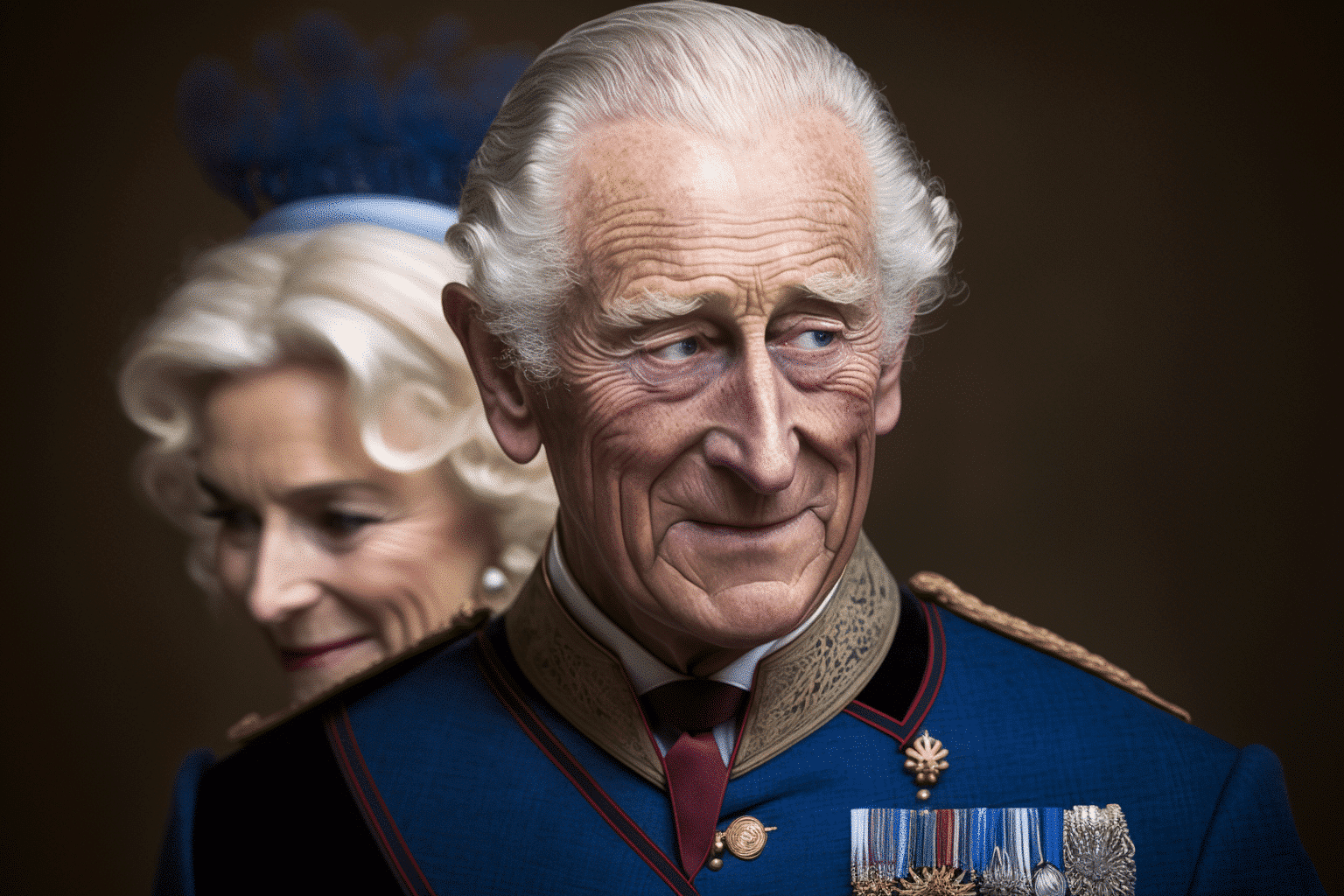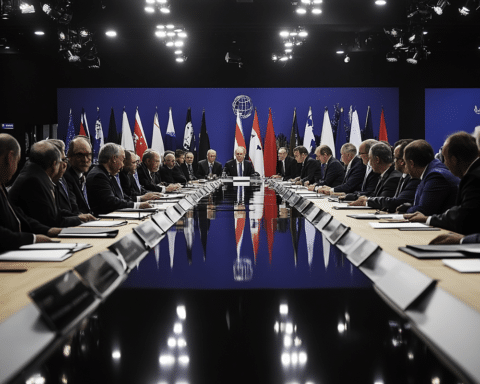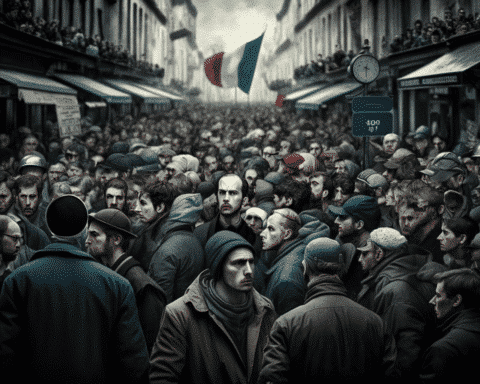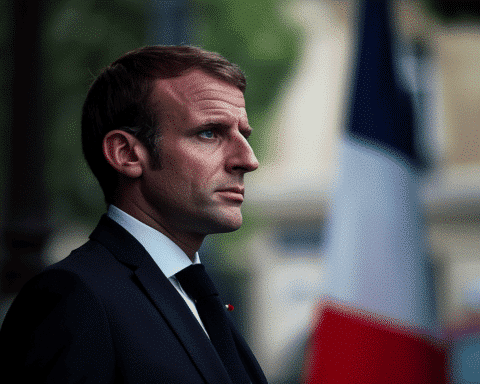King Charles III expressed disappointment in cancelling his first-ever state visit to France due to violent protests against President Emmanuel Macron’s retirement age policy.
The King shared his sadness upon arriving in Berlin for a tour of Germany. The violent unrest in France prompted a change of plans for King Charles, who had a special affinity for the country passed down from Queen Elizabeth II.
The decision to cancel the visit came after demonstrators, protesting the increase in the retirement age from 62 to 64, used threatening phrases like “Death to the King.” President Macron believed hosting the royal couple amidst the demonstrations would be irresponsible.
The cancellation is an embarrassment for Macron, as the royal couple’s visit to Germany proceeded as planned. Eric Ciotti, leader of France’s opposition Republican party, criticized the country’s inability to ensure the security of a head of state.
Buckingham Palace announced the postponement, expressing the King and Queen Consort’s eagerness to visit France once new dates are determined.
In response to the unrest, France recently deployed its most significant security operation. Up to a million people are expected to protest President Macron’s retirement age policy, with radical elements from the Left and ultra-Left attempting to hijack trade union processions.
Interior Minister Gérald Darmanin announced mobilizing 13,000 police and gendarmes, including 5,500 in Paris, backed by armoured vehicles, water cannons, and military reserve units.
The ongoing protests have disrupted various sectors, including refineries, waste management, railways, air travel, and schools. Strikes have also led to fuel shortages and blockages at universities. Despite the unrest, Macron and Prime Minister Elisabeth Borne show no signs of backing down from the pension reform.
The protests and strikes in France continue escalating, with no immediate resolution. President Macron and Prime Minister Elisabeth Borne remain steadfast in their commitment to pension reform, despite mounting pressure from opposition parties and the general public.
Trade unions have called for further demonstrations and strikes across the country, with plans to expand the protests to other sectors. The French government is increasing security measures to counteract the unrest, as the nation’s security forces face the daunting task of maintaining order amid large-scale demonstrations.
In the meantime, the French economy is taking a hit due to the ongoing protests. Numerous businesses have been forced to shut down temporarily, and the tourism industry faces significant setbacks as international visitors reconsider their travel plans. The cancellation of King Charles III’s state visit to France is a prominent example of the negative impact of the protests on the nation’s global image.
While some political analysts argue that the French government may eventually be forced to negotiate with the protesters, others suggest that Macron’s administration could weather the storm and push through its proposed reforms. The outcome of this standoff remains uncertain and could have lasting consequences for both the government and the people of France.
As the crisis deepens, calls for dialogue and compromise between the French government and the protesters are growing louder. International observers and political leaders are closely monitoring the situation, with many expressing hope that a peaceful resolution can be found to address the concerns of the French people while maintaining stability and security in the country.




